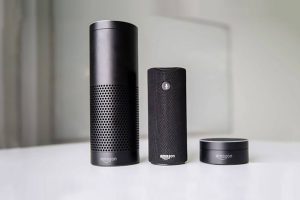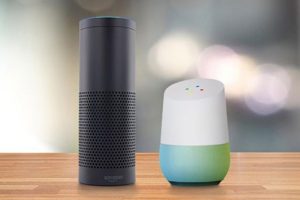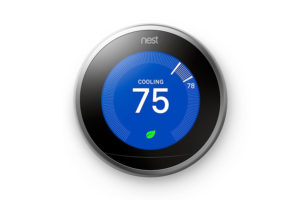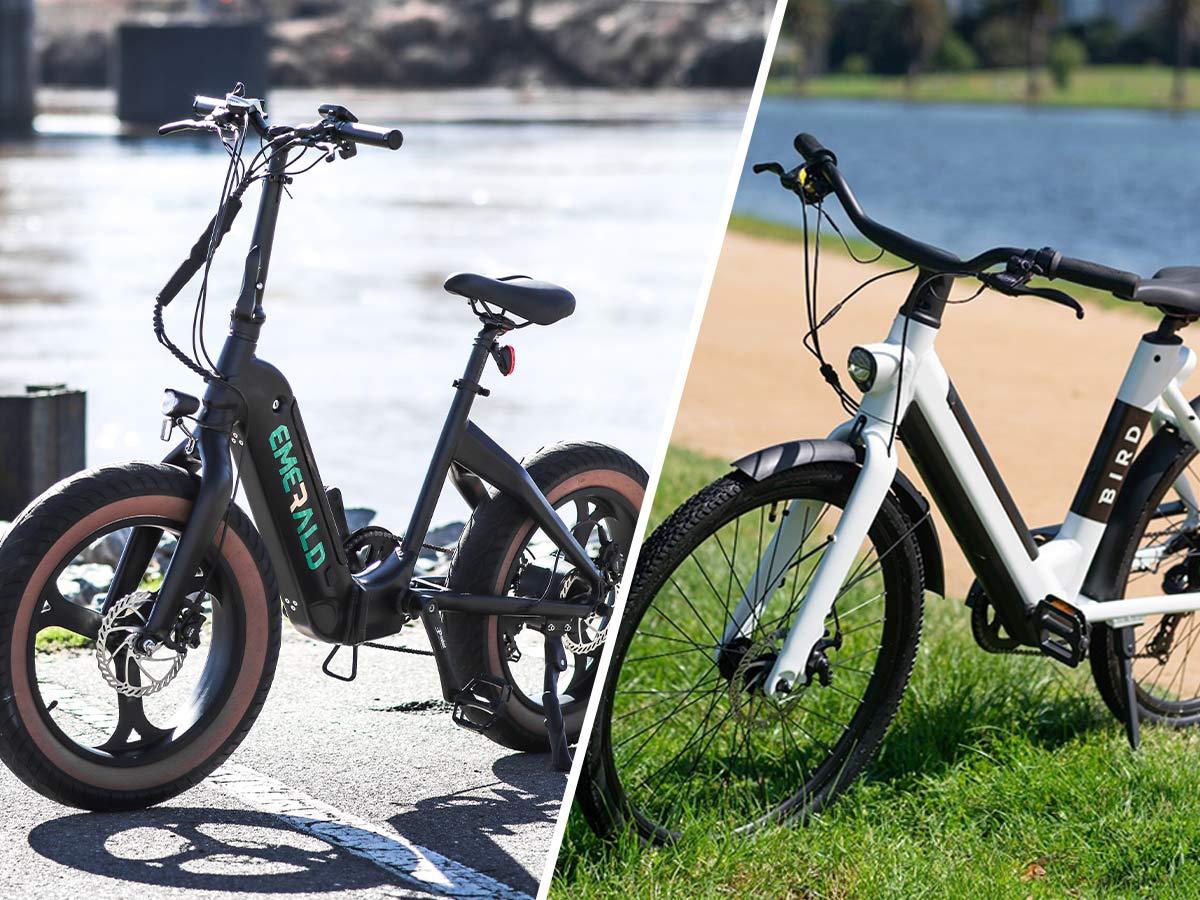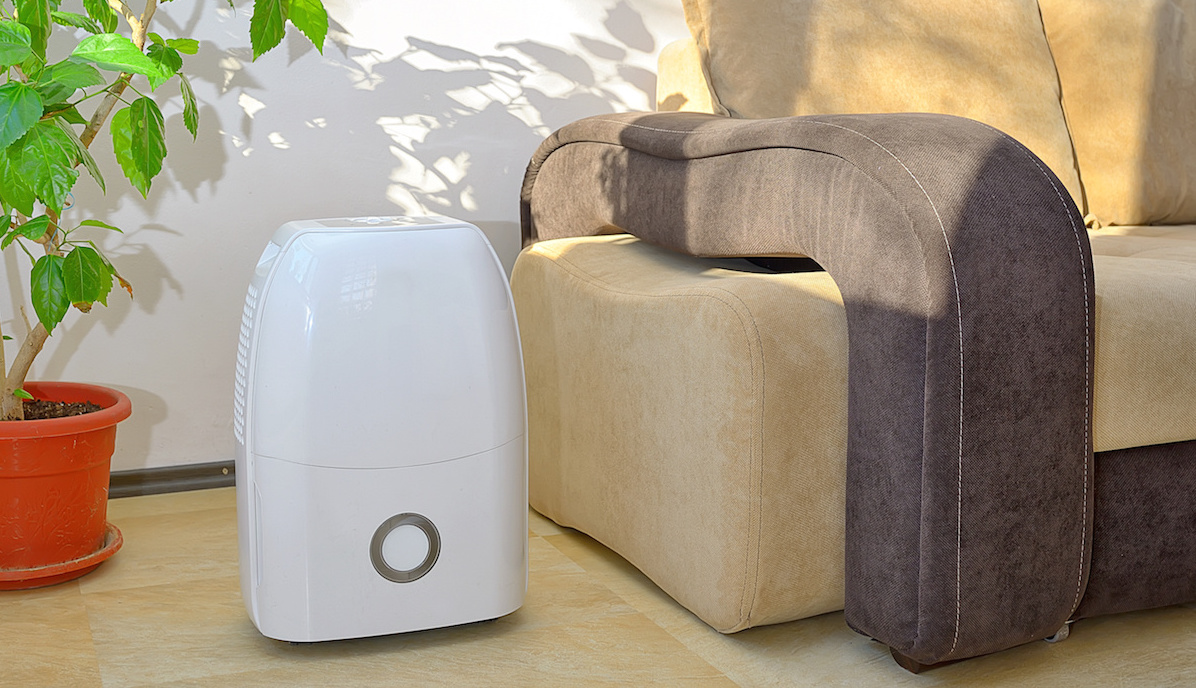Google Home vs. Amazon Echo vs. Apple HomePod
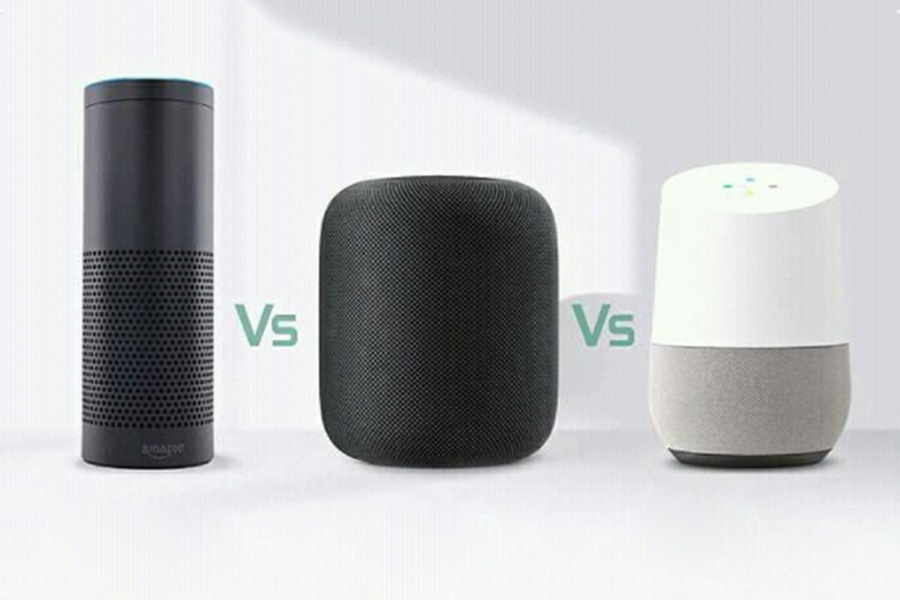
Apple recently announced the HomePod, a smart speaker that’s due on the market towards the end of the year. Apple seems a little late to the smart speaker game. On the other hand, they’re pretty experienced when it comes to AI assistants, and they have a strong fan base that should help them enter the market. The question is – will the HomePod actually bring anything new or useful to the table? We’re comparing its features to Google Home and Amazon Echo to find out.
Price
If you’ve read our comparison of Google Home and Amazon Echo, you may know that they’re both surprisingly inexpensive. At least, considering that you’re putting a computer brain in your home that talks to you and controls your smart home gadgets. Amazon Echo lists for $179.99, but they often work to make it more accessible by pairing it with compatible products, or offering payment plans. Amazon Echo Dot is a more affordable option at a list price of $49.99. Google Home costs $109.99, which is cheaper than the full-sized Echo. But as of yet, there’s no scaled-down point-of-entry option to compare to the Dot. Unfortunately, the Apple HomePod is much more expensive than all these devices at $350. This pricing isn’t too uncommon for Apple devices, but it may sway some customers.
Features
Google Home and Amazon Echo position themselves as digital personal assistants, meaning you can order a pizza, play your favorite music, or schedule a meeting by using your voice. Echo is particularly good at listening due to its seven microphones and noise cancellation technology. It can hear you even over loud music.
Google Home can also hold its own on the voice recognition front, and its better-honed AI lets it follow conversations more smoothly. It also has access to applications like Google Play and YouTube Music, since YouTube is owned by Google. Finally, if you use Chromecast, you can launch and control YouTube or Netflix on your TV through your Google Home.
Apple HomePod comes with Siri (of course), which can easily hear customers thanks to the six integrated microphones. One of the biggest issues with the HomePod is that Apple doesn’t support or encourage outside developers to make third-party apps. Due to this, the HomePod only currently allows access to Apple Music, rather than allowing customers to use Spotify, Pandora, or iHeartRadio. Finally, another issue with the HomePod is that it doesn’t allow Bluetooth connectivity, which could limit the other devices you can hook up to the speaker.
Sound
It’s important to note that the Apple HomePod markets itself as a speaker first and a personal assistant second. Does that mean that it’s the best choice for sound? The Amazon Echo has a pretty large speaker that can easily fill a room. But don’t expect it to blast over the noise of a party. The Echo is a personal assistant first, and Alexa is the star of the show – not the speaker. However, the Echo does allow for Bluetooth connectivity, which means you can hook it up to a speaker that has better sound.
Google Home doesn’t have the best speaker either, since it’s rather small. While it produces a good sound that’s enough for most situations, users shouldn’t expect it to fill a larger room. Like Amazon Echo, Google Home also allows Bluetooth connectivity to get better sound from a third-party device.
The HomePod has the largest speaker of the three devices and contains seven tweeters alongside a primary woofer. It also has AirPlay2, which allows the device to play across several rooms with ease. You can link a number of HomePods together to create a sound system that wirelessly covers your entire home. (We don’t know how many, but it’s a double-digit number.) While the HomePod isn’t a proper personal assistant, it could be an excellent choice for someone that uses iTunes on a regular basis.
The only issue is that the Apple HomePod doesn’t beat other speakers on the market. While it does compete against the Echo and Home, the Sonos series comes at a lower cost and has better sound that can easily fill a room. Overall, the Apple HomePod falls into a weird space. It fails to beat the Echo and Home as a personal assistant, and isn’t really better than other portable speakers on the market, like Sonos. This may wind up being a “too little, too late” situation.
(Image via Instagram)

